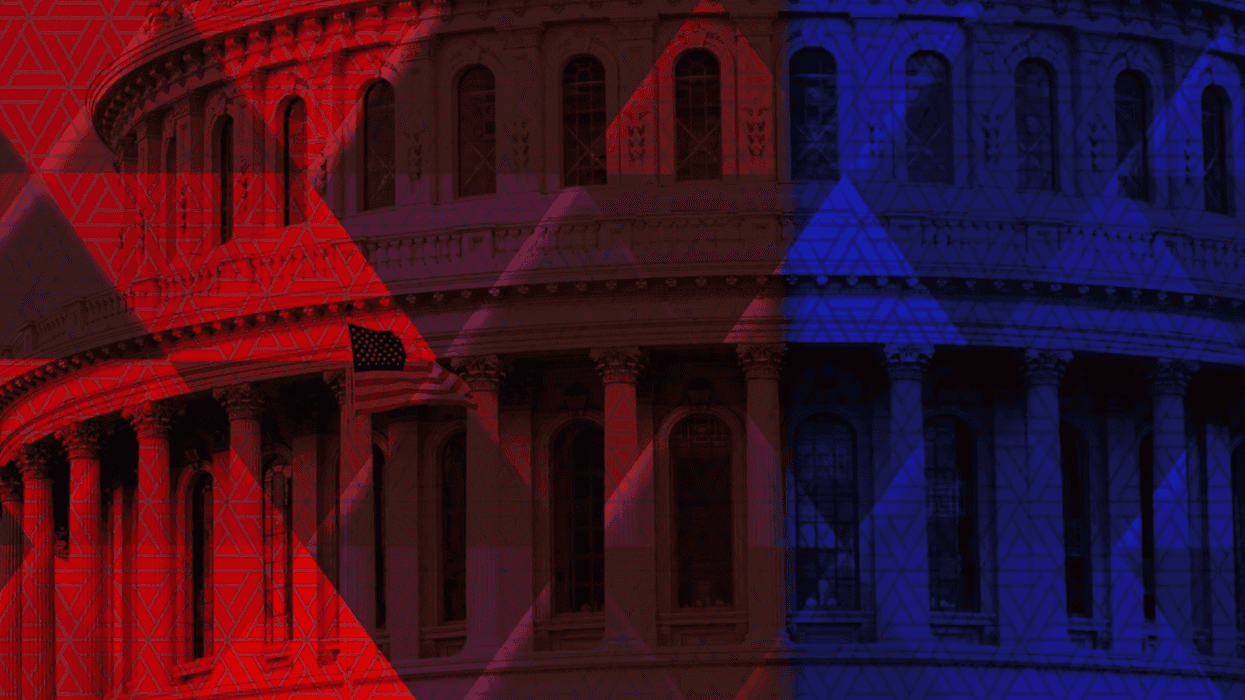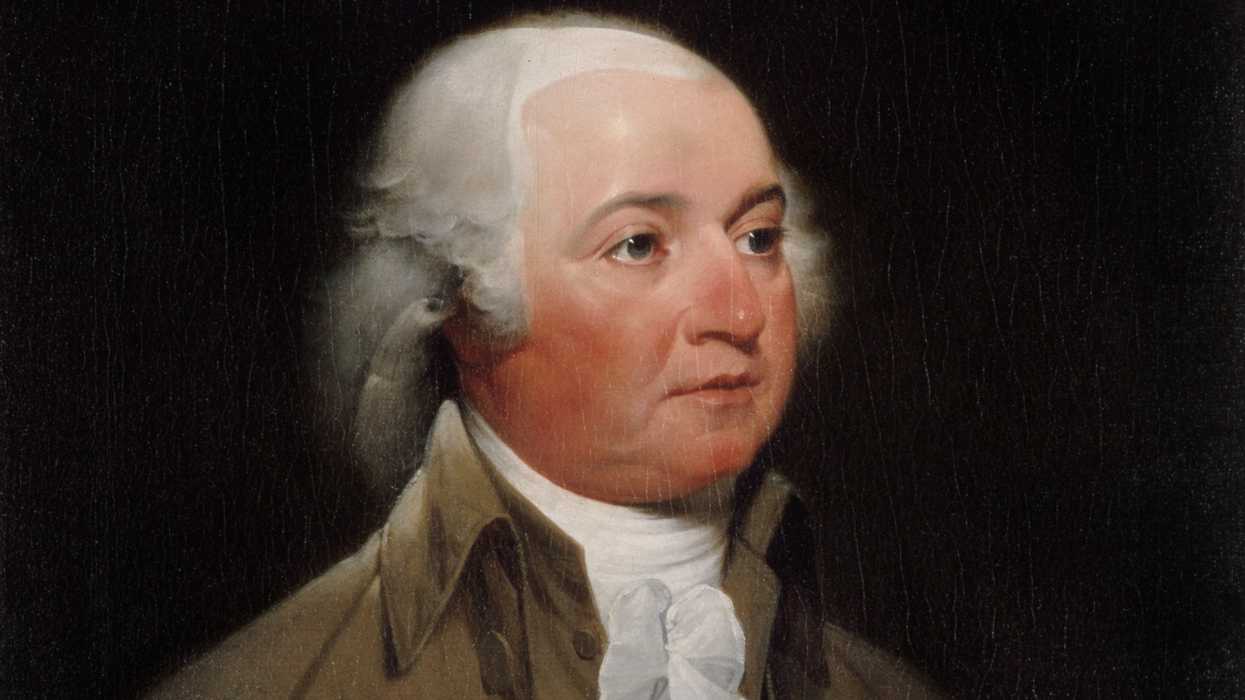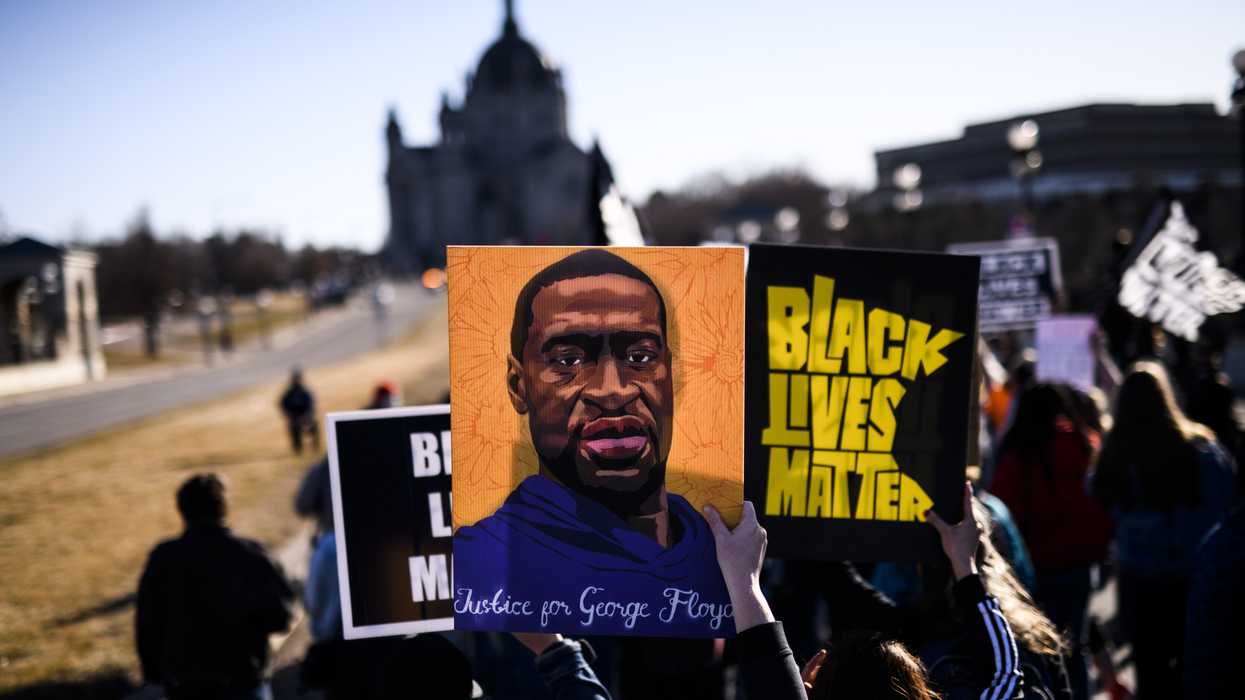Sept. 17 marked Constitution Day, grounded in a federal law commemorating the signing of the U.S. Constitution on Sept. 17, 1787. As explained by the courts of Maryland, “By law, all educational institutions receiving federal funding must observe Constitution Day. It is an opportunity to celebrate and discuss our Constitution and system of government.”
This week also marked the release of an important new book by the historian Jill Lepore: “We the People: A History of the U.S. Constitution” (as reviewed in the New York Times in a public link). Here’s an overview of her conclusions from the publisher:
Challenging both the Supreme Court’s monopoly on constitutional interpretation and the flawed theory of “originalism,” Lepore contends in this “gripping and unfamiliar story of our own past” that the philosophy of amendment is foundational to American constitutionalism. The framers never intended for the Constitution to be preserved, like a butterfly, under glass, Lepore argues, but expected that future generations would be forever tinkering with it, hoping to mend America by amending its Constitution through an orderly, deliberative, and democratic process.
Lepore’s remarkable history seeks, too, to rekindle a sense of constitutional possibility. Congressman Jamie Raskin writes that Lepore “has thrown us a lifeline, a way of seeing the Constitution neither as an authoritarian straitjacket nor a foolproof magic amulet but as the arena of fierce, logical, passionate, and often deadly struggle for a more perfect union.” At a time when the Constitution’s vulnerability is all too evident, and the risk of political violence all too real, We the People, with its shimmering prose and pioneering research, hints at the prospects for a better constitutional future, an amended America.
But, far from Thomas Jefferson’s vision that Americans should come together every generation to forge a new constitution, we rarely come close to even modest amendments. With the powerful movement for “originalism” further limiting the evolution of our Constitution through Supreme Court interpretation, our difficulty in amending the Constitution creates even greater challenges for a 21st-century superpower.
Writing this week in the New York Times, Lepore highlighted our history with state constitutional change:
Since 1776, the states have held nearly 250 constitutional conventions and adopted 144 constitutions, or about three per state. Every state constitution in place has an amendment provision. Since 1789, of more than 10,000 proposed amendments to state constitutions submitted to voters, nearly 7,000—well more than two out of three—have been ratified. But Americans have stopped holding conventions. No state has held a full-dress constitutional convention since 1986. No movement to call for a second federal convention has ever succeeded, and none is currently likely to.
Lepore then suggests that perhaps we could break free of our fears by focusing a constitutional convention solely on the implications of artificial intelligence. Others, for years, have organized efforts to get states to pass applications calling for a federal constitutional convention under Article V, where applications from 34 states would trigger a convention. Indeed, 49 states over time have passed such applications, including recent efforts associated with calls to consider term limits and a balanced budget requirement.
For actions starting in Congress, the most popular change might be to establish upper bound age limits for service in federal office in tandem with the power bounds established for service in the House (25 years old), Senate (30), and presidency (35)–Richard Albert this week in the Fulcrum highlights how 76% of Democrats and 82% of Republicans support an upper age limit for federal office. American Promise has conducted effective state organizing in support of a constitutional amendment to allow states to regulate and limit the influence of money in politics, which a recent poll found has earned supermajority support from both Republicans and Democrats.
Over my three decades as a democracy reform leader, I’ve focused on ambitious statutory change more than constitutional change, bound by pessimism about constitutional change in the modern era. But as I observe plans to commemorate the 250th anniversary of the Declaration of Independence next year, I see value in a bold suggestion: Rather than fear that a constitutional convention would “go rogue,” what if we collectively embraced Jefferson's vision to think big again with an embrace of holding a new convention? But accepting it would take time to prepare for such a convention through citizen engagement, study, and education. What if we planned to start the constitutional convention on Sept. 17, 2037, the 250th anniversary of the signing of the U.S. Constitution?
Many fear that such a convention might roll back our rights. But they too easily dismiss the fact that no constitutional provision will become law without three-quarters of our state legislatures—that means 38 out of 50—approving the change. They also overlook that it is deeply dangerous when the Constitution becomes a straitjacket that weakens consent of the governed, rather than embracing government of, by, and for the people.
As we get ready to celebrate the 250th anniversary of the Declaration of Independence, let’s consider using that anniversary as a launch for a drive for Congress and states to act toward federal and state conventions in 2037. It indeed may be revolutionary to believe that Americans remain up to the challenge of self-government, but that is one true test of an enduring democracy.
This piece was featured in the Expand Democracy 3, a weekly briefing on breakthrough reforms and promising practices to promote a healthy democracy. Here is a link to the Expand Democracy newsletter archive
Rob Richie is the president of Expand Democracy and a FairVote co-founder and senior advisor.



















